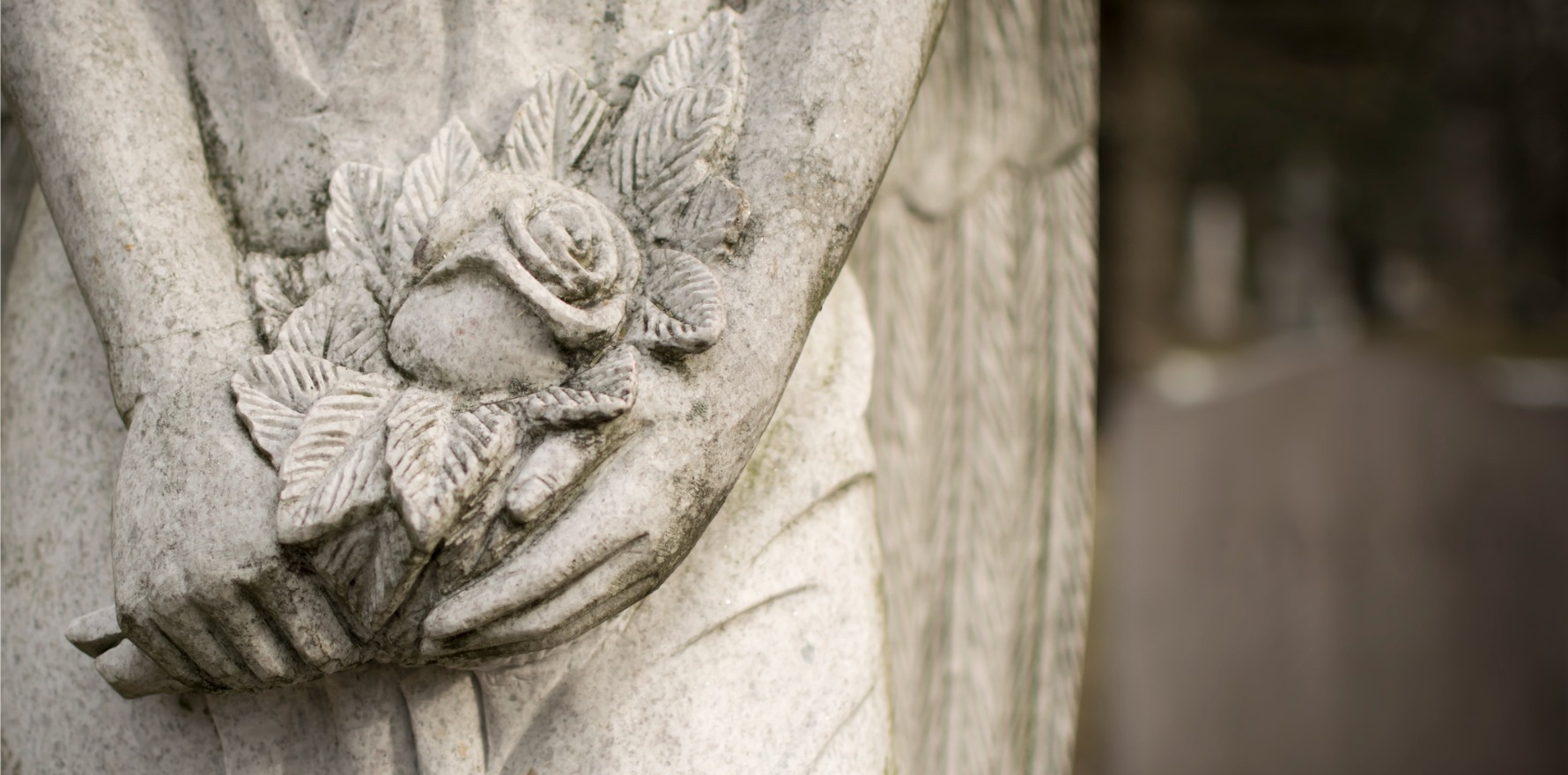The tragic death of Dr Eza Lau must look baffling from the outside, but to many of us, sadly, it's no mystery.
The GP community, especially female GPs, has been rocked by the news of one of us initially going missing and eventually being found dead two days later.
A young woman and mum, Dr Eza Lau could be any of us.
The groups have been full of sadness as well as anger and frustration. There are the usual questions of how do we safeguard against this, how do we prevent this, as well as the inevitable “reading between the lines” of a young female GP, with a loving family, including a young child, working late on a Sunday afternoon, and being described as working “very, very hard” and being “kind, caring” by patients.
There lies the double bind.
We have to work so hard, much harder for the same money, but also to be “kind and caring” at all times, to the point of self-sacrifice – if not, we are heartless, greedy and lacking the empathy to work in this profession.
A few weeks ago, I began working in a private-billing practice that charges everyone, including those with a pension card/HCC. It is not my clinic, and the expectation is very clear that most patients who book are consenting to pay as they are informed online as well as on booking by staff.
On my first day I was asked to bulk bill by five patients, most of whom when asked why, said “I thought I’d try”. I tweeted about it and was harassed for hours, well into the next day, for saying no. One male healthcare worker in particular made derogatory comments about my character and doxxed me on Twitter, which felt very, very unsafe and frightening.
All because I said no to bulk billing people who had given financial consent for the consultation on booking and asked to be discounted at the end as they were departing.
I have written before about the struggles female GPs especially face, and why so many of us are leaving in droves, often in our 30s and 40s, for greener pastures – the constant fear of nudge letters from the Department of Health or audits from Medicare; angry colleagues who post about us on social media because we won’t order tests that are outside our scope of practice; the constant media and public pile-on for simply saying no, to whatever the topic of the day might be.
Add to that the occasional patient who says “You just can’t find a good GP these days, who cares and is willing to spend time with you (while bulk billing)” and I can see why so many of us are feeling low about the future of general practice.
I didn’t know Dr Lau, but in many ways, she is all of us who carry on, day after difficult day. Who shows up for every shift, including for crappy pay on weekends and after hours if in a bulk-billing practice, and misses time with family including young kids; who makes time for patients who book standard appointments but end up needing more than their allocated time, and end up disclosing assault, or depression, or chest pain in the final minute of a consultation.
Years ago, during GP training, I was a solo mum raising four children aged one to six entirely on my own. Unknown to everyone including myself, I was also depressed and struggling with PTSD. Everyday was a struggle and I had no support from family or community. For some 18 months or more of those years, I entertained thoughts of dying and suicide every single day but didn’t share it with anyone.
While functioning fully at work, smiling, laughing with patients, listening to their fears and worries, I had my own concerns constantly on loop in the background.
I was fortunate in that I sought help from my GP eventually. She was wonderful, listened, and then suggested ways to help me, including medication and therapy, which eventually worked.
Why am I sharing this deeply personal story nearly a decade after it happened? Female GPs have always, it often feels, borne the bulk of the heavy lifting of general practice, often at a fraction of the income that our male colleagues generate. When our work at work is done, many of us go to our second unpaid job with kids and the home. The pandemic has made matters so much worse, with a dissolution of boundaries between work and home, with many of us feeling constantly on call even when we are not rostered on. It feels unending. Sometimes, we get abused in the process. Or called greedy when we say no.
For those of us struggling with mood disorders, or other mental health concerns, fear of being reported keeps many of us stuck and alone instead of seeking help even though it is clear that we cannot be reported unless we are at harm to others, including our patients, which most of us are not. So many of us feel unable to speak up and seek help. Equally, many of us who are attracted to medicine, and general practice in particular, tend to be altruistic, and give far more than is healthy for us.
My story ended well, obviously. I went on medication for three years. I up-skilled in mental health to help myself, my children and my patients. I learnt effective boundaries, how to say no, and how to care less about upsetting other people by saying no, which has been a lifesaver.
I am sad this could not be the case for Dr Lau, whatever her circumstances, since none of us will know. I am sad that she may not have felt able to ask for help, or to talk to someone safe due to fear of stigma. I wonder if it was an unpleasant consultation that Sunday afternoon that was the final straw for her. All questions we will never know the answer to.
I know general practice is in dire straits and many of us are leaving; but I truly feel leaving is not the solution, if we can seek help from each other and maintain healthy boundaries – which includes saying no to anything that does not work for us, no explanation needed.
The alternative is a loss of control over one’s life, one’s choices and for many of us, it may lead to choices that we would never otherwise make.
Dr Imaan Joshi is a Sydney GP; she tweets @imaanjoshi.
If this article caused distress or if you are prompted to reach out for support, these services are available:
Doctors4doctors crisis support hotline: 1300 374 377
Lifeline: 13 11 14
Beyond Blue: 1300 22 46 36




